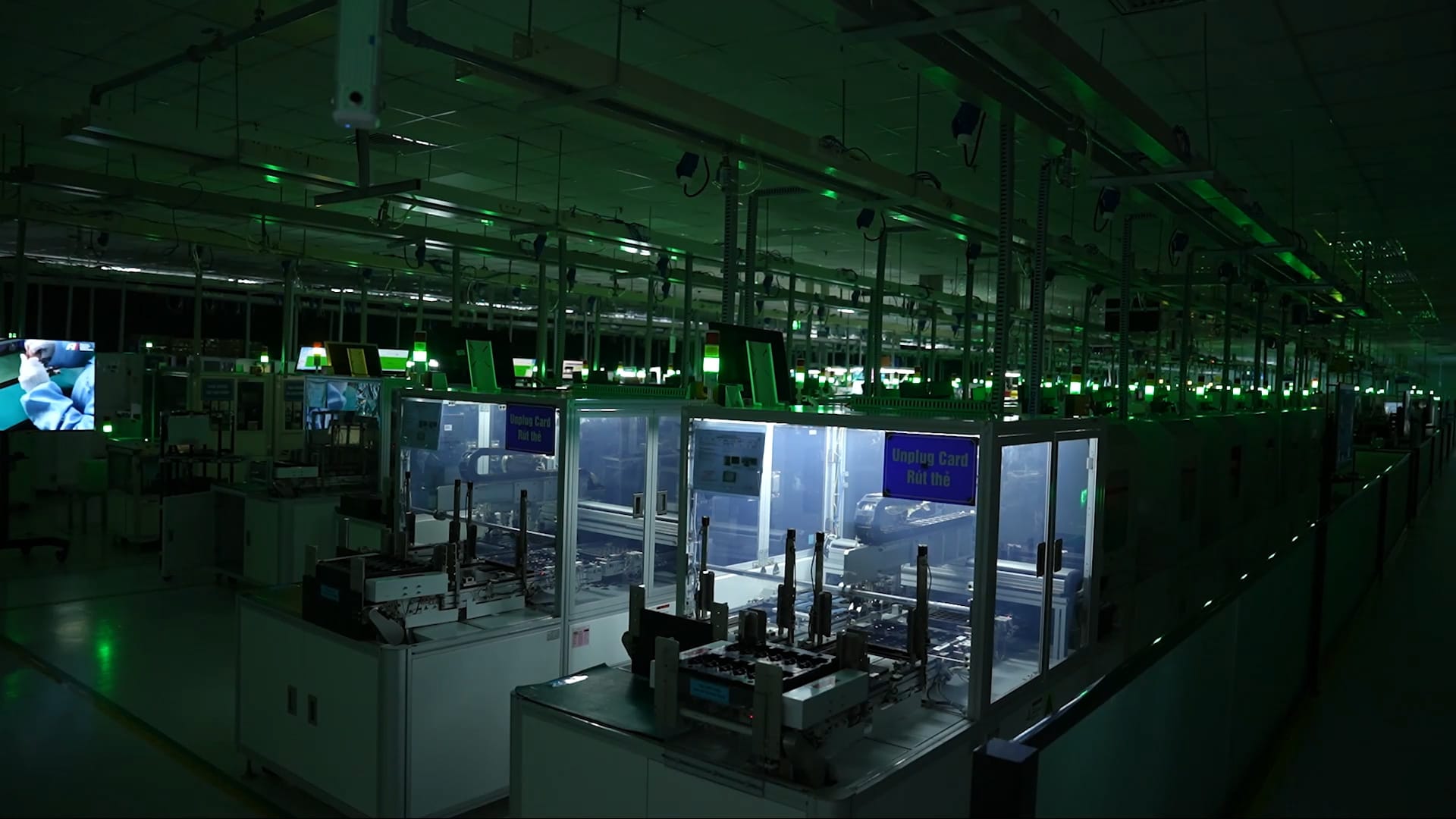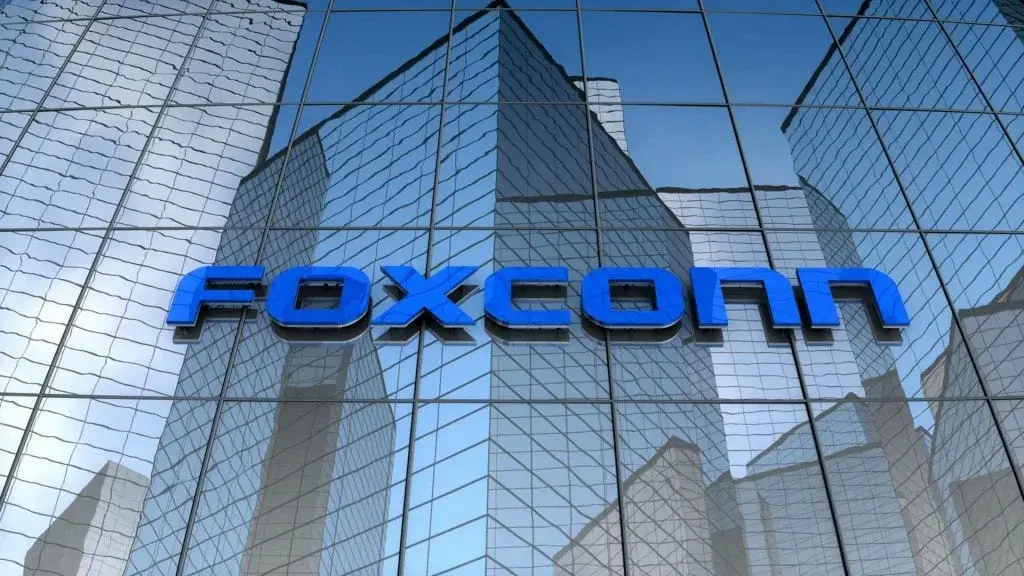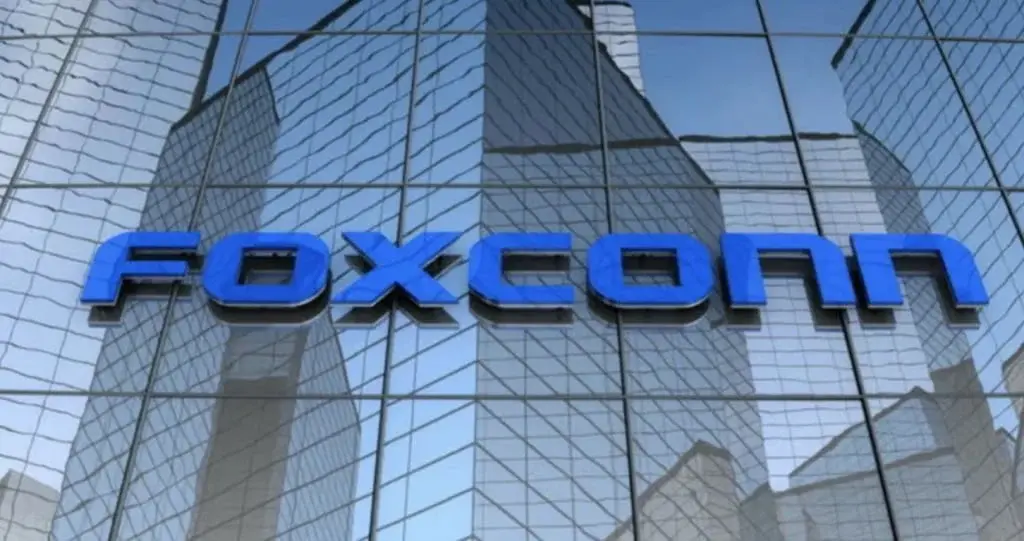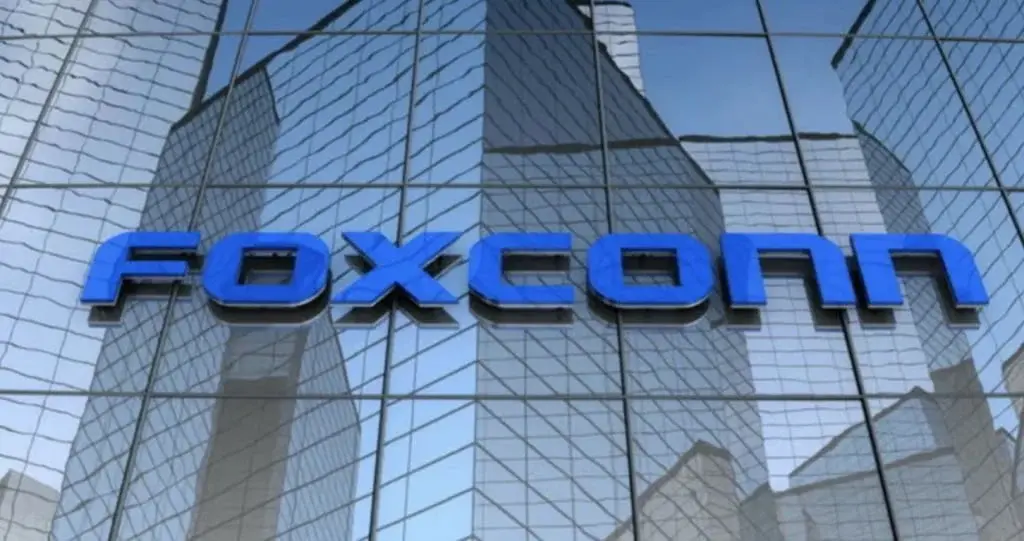Key Takeaways
1. Nvidia and Foxconn are partnering to create an “AI factory” supercomputer in southern Taiwan, integrating 10,000 Nvidia Blackwell GPUs.
2. The project involves an investment of several hundred million US dollars, making it one of the largest AI investments globally, although smaller than Elon Musk’s Memphis Supercluster.
3. The computing power will be distributed to local researchers, startups, and businesses to boost AI adoption in Taiwan.
4. The initiative aims to create a larger AI ecosystem, linking public agencies and private enterprises, with goals to accelerate semiconductor innovation and enhance smart-city services.
5. This supercomputer aligns with Nvidia’s expansion strategy, including plans for a research center in Shanghai and a fleet of AI servers in the U.S. worth half a trillion dollars.
Nvidia and Foxconn have broadened their long-term partnership with new plans for an “AI factory” supercomputer in southern Taiwan. This system is set to be delivered by Big Innovation Company, a Foxconn subsidiary and Nvidia Cloud Partner, and will integrate 10,000 Nvidia Blackwell GPUs into one setup.
Investment Overview
With an investment of several hundred million US dollars, this project is less massive than Elon Musk’s Memphis Supercluster, which has 200,000 GPUs. However, it still stands as one of the largest AI investments globally. Nvidia is responsible for the hardware supply, whereas Foxconn will take care of the datacenter infrastructure and operational support.
Local Impact
The National Science and Technology Council of Taiwan plans to distribute the computing power of this cluster to local researchers, startups, and established businesses, thus boosting AI adoption domestically. Taiwan Semiconductor Manufacturing Company (TSMC) also aims to utilize this machine for advanced research and development tasks, anticipating a performance leap that is several times better than earlier systems.
Vision for the Future
Company executives view this project as a stepping stone toward a larger AI ecosystem. Jensen Huang, Nvidia’s chief executive, described AI as the driving force of “a new industrial revolution.” In contrast, Foxconn chair Young Liu emphasized the aim of linking public agencies with private enterprises through shared infrastructure. TSMC chair C.C. Wei sees the cluster as a way to accelerate semiconductor innovation.
Foxconn plans to use the supercomputer for its internal purposes, such as enhancing smart-city services, refining driver-assistance features for its electric-vehicle platform, and improving manufacturing processes using digital-twin technology. Taiwan’s science minister, Wu Cheng-Wen, has expressed that the larger goal is to create “a smart AI island” that connects citizens, businesses, and the government through cutting-edge computing resources.
Lastly, the supercomputer aligns with Nvidia’s broader strategy for expansion. Recently, the company announced the opening of a research and development center in Shanghai and indicated intentions to create a fleet of AI servers worth half a trillion dollars in the United States.









